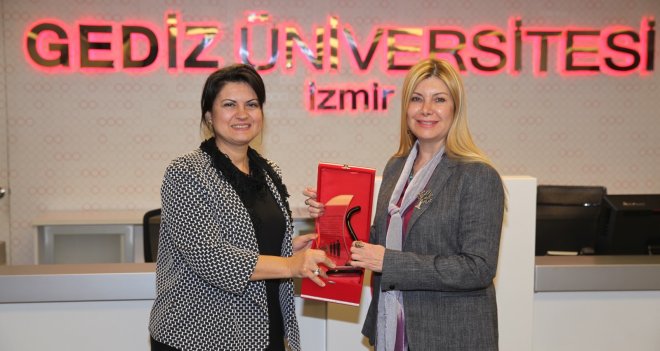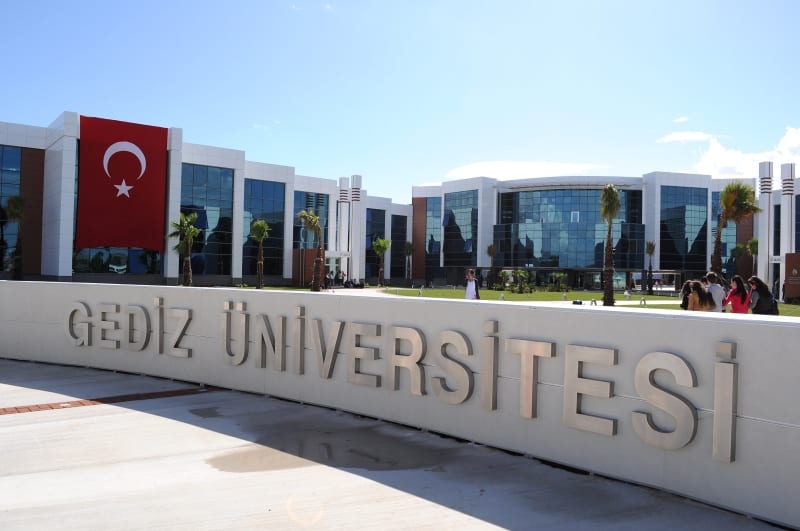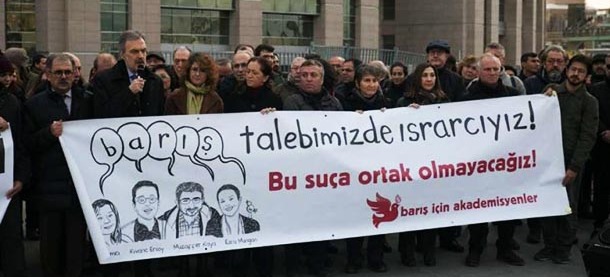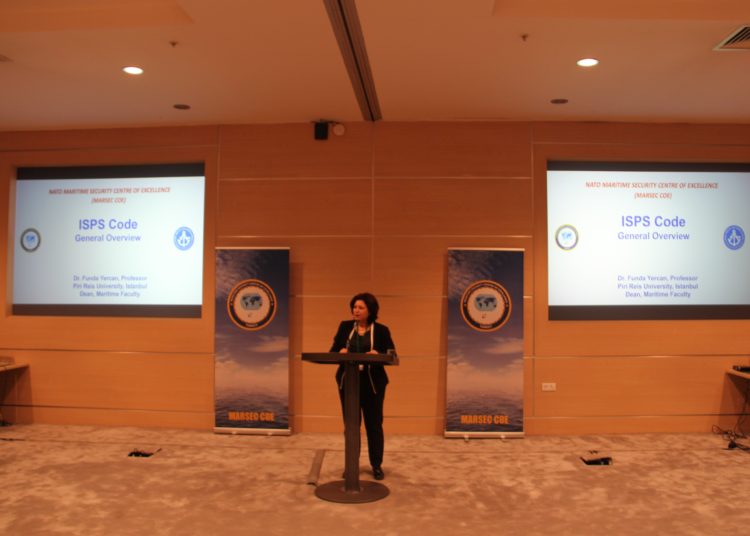Levent Kenez/Stockholm
An academic and former dean whose university was closed down by the government for alleged “terrorism” and whose faculty members were arrested following a coup attempt in Turkey in 2016, gave a lecture to officers at a NATO seminar organized by the Turkish Navy in İstanbul last Saturday, demonstrating that the definition of terrorism used by Turkish prosecutors is broad and inconsistent. Thousands of academics who worked at now-closed universities lost their jobs, were jailed or had to flee Turkey as part of a witch-hunt and purges carried out in the post-coup era.
One of Turkey’s leading maritime experts, Professor Funda Yercan, who worked at Gediz University between 2012 and 2016, was among the lecturers at the International Ship and Port Facility Security (ISPS Code) course that was conducted at the Maritime Security Center of Excellence Command (NATO MARSEC COE) with 35 participants from four countries, according to Turkey’s Defense Ministry. Gediz University, in the western city of İzmir, was closed down, along with 15 other universities, on July 23, 2016 with a presidential decree on the grounds that it was linked to terrorism and posed a threat to national security. The government claimed that Gediz was affiliated with the Gülen movement, an outspoken critic of Turkish President Recep Tayyip Erdoğan, who accused the movement of orchestrating the coup attempt. Yercan served as acting dean for the five months before Gediz was shut down.

Shortly before the coup attempt, the Gediz University administration published a statement declaring that it was not related to the Gülen movement and that it supported the Erdoğan government. But it could not prevent the closure of the university, and worse, on August 26, 2016, a police operation was carried out on 86 people including professors and university staff in five provinces during which 45 suspects were detained. The İzmir Public Prosecutor’s Office announced that the total number of suspects was 101 but that some suspects were already under arrest. Many local courts accused suspects who publicly made anti-Gülen movement statements of being secret Gülenists, proof of how hard it is to defend oneself in today’s Turkey.
List of universities closed down by the government in 2016:
One of those who were detained and later arrested was İştar Gözaydın, a prominent sociologist. She had been chair of the sociology department at Gediz University for almost a year at the time. İştar was fired immediately after the coup attempt by the university administration, of which Yercan was a part, which sought to avoid the government’s wrath even after the coup, for her tweets that allegedly supported the Gülen community. “My past criticism of government policies in the media were, I suppose, a kind of pretext for the university to appear sympathetic to the government by making an example of me. In the event this proved pointless; [sic] Gediz was one of 16 universities closed by decree on 23 July 2016,” İştar wrote in a letter from her prison cell in İzmir in 2017.

As expected, the Turkish military was the state entity in which the biggest purge took place. According to official data, 23,931 military personnel were dismissed after the coup attempt. It was previously announced by the General Staff that apart from conscripts and military students, military members allegedly involved in the coup numbered around 3,000, showing that the remaining staff was expelled over affiliation with the Gülen movement.

A software program called “Fetometer,” referring to the government’s derogatory name for the Gülen movement, that was created by the Turkish Naval Forces Command to root out followers of the movement, was used in purges and the witch-hunt by the government, particularly against officers. According to the logic of the software, if one of the family members worked for an institution affiliated with the Gülen community, this was enough to make the officer a suspect even he or she had nothing to do with the movement. Again, if one took part in NATO missions as an officer or served as a military attaché abroad, this was also a worrisome situation for him/her because there was a belief that those who spoke foreign languages or did academic studies in the military were Gülenists.
Ironically, if Professor Yercan had been subjected to the Fetometer, she would have been treated as a terrorism suspect for a variety of reasons, but the fact that she worked at the university was reason enough. Again, she should not have been a speaker at a course organized by the same Navy that developed the witch-hunt software, showing how the fate of people in Turkey hangs by a thread.

According to the available data, 6,081 academics and 1,427 personnel from the administrative staff of universities were dismissed, although 185 of the dismissals were rescinded. The dismissal of 5,896 academics and 1,427 administrative staff remain valid. Academics were not expelled just because they were affiliated with the Gülen movement. Four hundred six academics lost their jobs because they were dissidents, Kurds or leftists. For instance, a significant number of academics were fired for signing a declaration that accused the Turkish government of carrying out heavy-handed operations in Turkey’s southeastern region, where the outlawed Kurdistan Workers’ Party (PKK) and the military have been engaged in clashes since the breakdown of a cease-fire between the two in July 2015. The declaration, known as the Peace Declaration, frustrated Erdoğan and the Justice and Development Party (AKP) government, leading to retribution against the academics. Some of the insults Erdoğan used against them included “so-called intellectuals,” “traitors” and “rough copies of intellectuals.”












